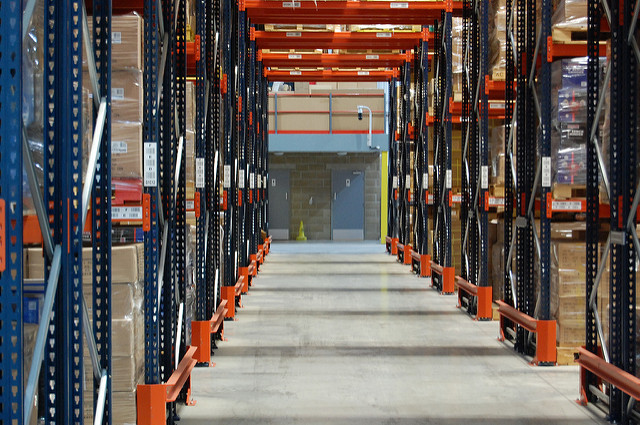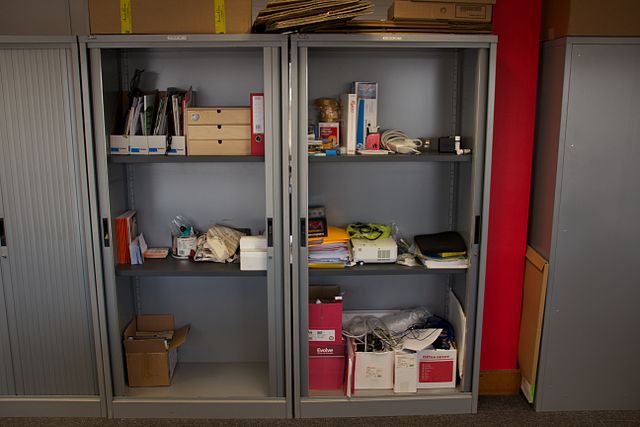Businesses of all shapes and sizes often buy items that they do not resell to others for profit. The official term for this is Indirect Material Procurement and refers to things like stationery, beverage-making materials and so forth.
In general, the larger the business, the bigger the orders companies will place. They do so to achieve large caches of material so they seldom run out of items for their staff. Another reason for bulk-buying is to take advantage of volume discounts. Let’s face it; 1,000 pens will be cheaper to buy than just ten!
For the most part, firms will have accounts with various suppliers to fulfil the orders they need. But, there’s a growing trend where businesses are turning to indirect material procurement providers. Here’s why:
They want to save money
The thing about material suppliers is they’ll charge prices according to sales volumes. In other words, the more you spend with them, the cheaper your products will become. These suppliers have the power to authorise all kinds of discounts. But, the more they offer, the less profit they’ll make.
So, if you only buy small amounts, you could end up paying something near to a retail amount! What happens when you outsource your indirect materials purchases? Well, for one thing, you can take advantage of their buying power.
Imagine the following scenario. A stationery supplier may offer a 10% discount if you buy 1,000 pens a month. You only need about 100 a month, so you’re unlikely to get a discount.
Now, consider an outsourced provider that also buys from the same supplier. They buy 2,000 pens a month and so can get a bigger discount. They’ll have plenty of clients, like you, that buy smaller volumes. But, they can afford to pass on some savings to you.
That means you end up paying less for your pens than if you had bought them direct from the supplier. I know, that sounds crazy, right? Still, it makes perfect sense in such scenarios to use indirect material procurement providers.
They don’t want to hire so many procurement staff
When you run a large business, you’ll no doubt have to hire procurement staff to organise your orders. As you can imagine, hiring just one person to do that can still make a large dent in your annual budget.
The good news with outsourcing is that you don’t have to pay for such costs. It often works out significantly cheaper to outsource than hire in-house staff. So, you can use the money saved towards other areas of your business.
They don’t want to go to the hassle of opening several supplier accounts
Last, but not least, consider this. Each time you wish to open an account with a supplier, you have to take time out of your day to deal with it. Each firm may want all kinds of paperwork reviewed and signed by you. Plus, they might ask for written guarantees if you want to open a credit account.

Outsourced procurement companies bypass all that admin and red tape. You only have to deal with one supplier. Meanwhile, the procurement provider has access to scores of companies to fulfil your purchasing needs.

